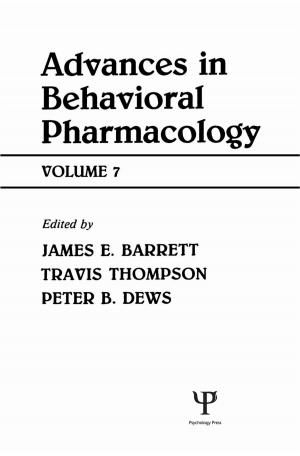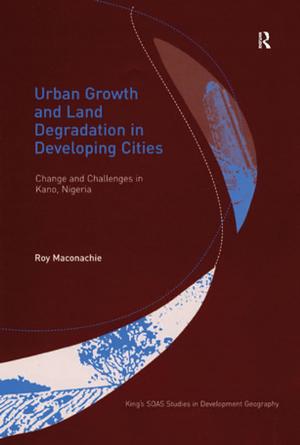Testing Regimes, Accountabilities and Education Policy
Nonfiction, Reference & Language, Education & Teaching| Author: | ISBN: | 9781317354048 | |
| Publisher: | Taylor and Francis | Publication: | October 2, 2017 |
| Imprint: | Routledge | Language: | English |
| Author: | |
| ISBN: | 9781317354048 |
| Publisher: | Taylor and Francis |
| Publication: | October 2, 2017 |
| Imprint: | Routledge |
| Language: | English |
Around the globe, various kinds of testing, including high stakes national census testing, have become meta-policies, steering educational systems in particular directions, and having great effects on schools and on teacher practices, as well as upon student learning and curricula. There has also been a complementary global aspect to this with the OECD’s PISA and IEA’s TIMSS and PIRLS, which have had impacts on national education systems and their policy frameworks.
While there has been a globalized educational policy discourse that suggests that high stakes standardised testing will drive up standards and enhance the quality of a nation’s human capital and thus their international economic competitiveness, this discourse still manifests itself in specific, vernacular, path dependent ways in different nations.
High stakes testing and its effects can also be seen as part of the phenomenon of the ‘datafication’ of the world and ‘policy as numbers’, linked to other reforms of the state, including new public management, network governance, and top-down and test-based modes of accountability. This edited collection provides theoretically and empirically informed analyses of these developments. This book was originally published as a special issue of the Journal of Education Policy.
Around the globe, various kinds of testing, including high stakes national census testing, have become meta-policies, steering educational systems in particular directions, and having great effects on schools and on teacher practices, as well as upon student learning and curricula. There has also been a complementary global aspect to this with the OECD’s PISA and IEA’s TIMSS and PIRLS, which have had impacts on national education systems and their policy frameworks.
While there has been a globalized educational policy discourse that suggests that high stakes standardised testing will drive up standards and enhance the quality of a nation’s human capital and thus their international economic competitiveness, this discourse still manifests itself in specific, vernacular, path dependent ways in different nations.
High stakes testing and its effects can also be seen as part of the phenomenon of the ‘datafication’ of the world and ‘policy as numbers’, linked to other reforms of the state, including new public management, network governance, and top-down and test-based modes of accountability. This edited collection provides theoretically and empirically informed analyses of these developments. This book was originally published as a special issue of the Journal of Education Policy.















